
Beyond Resumes: What Law Firms Truly Seek in Candidates
In the realm of competitive legal recruitment, aspiring attorneys frequently invest significant effort in...
70 views
In the realm of competitive legal recruitment, aspiring attorneys frequently invest significant effort in...
70 views
The significance of cover letters in legal job applications cannot be overstated. They serve as a personal...
36 views
In the highly competitive landscape of the legal profession, a standout resume is not just a mere formality...
23 views
In the competitive landscape of job interviews, references and resume checks hold significant weight. These...
19 views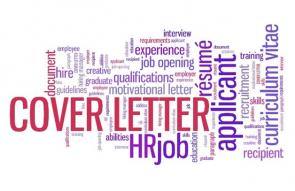
Having a polished cover letter is critical to landing your dream legal job. Writing an effective and...
63 views
This article guides how to write a successful resume for law firms, explaining why it is essential to focus on...
78 views
Mentorship is a crucial aspect of personal and professional development, and the relationship between an...
55 views
A law firm job search is a stressful event. Applying with the right resume and cover letter, anxiously waiting...
1552 views
The cover letter is one of the most critical aspects of your job application. It's often the first...
49 views
In a job search, your resume is one of the most important documents. A resume's purpose is to help impress...
109 views
A cover letter serves two important functions, says recruiter Emy Unger. It introduces and sells you. Putting...
62 views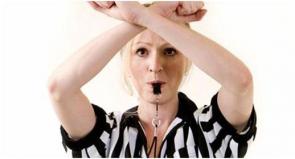
So now you've thoroughly researched potential employers, have done some soul-searching, and are on the path...
94 views
Stop debating whether or not you should include a cover letter with your resume because in today’s hard...
92 views
Let’s face it: You’ll never fit everything you’d like to say onto a one- or two-page resume. That means...
26 views
Your resume is a representation of you to a legal recruiter or prospective employer, so don’t date yourself...
67 viewsOn average, a legal recruiter sees 5,000 resumes a year. Any legitimate reason she finds to make one disappear...
9 views
You're ready to begin the job hunt. You know what types of positions and firms you'd like to apply to. Now you...
33 views
You keep hearing this advice on and on, “Always customize your resume to the job you are applying for” and...
133 views
This article helps individuals stress their background, skills, and interests in their cover letter to present...
3681 views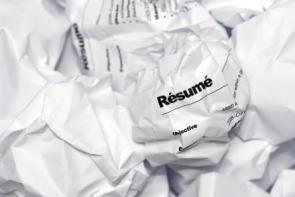
Summary: The name of the resume game is getting results. And those results equal job interviews.
9808 views
Summary: While having a well-written resume is a critical aspect of your job search, many attorneys don’t...
12444 views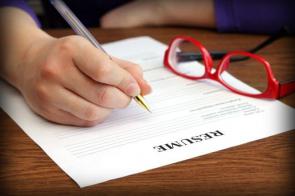
Summary: Do you want to create a résumé that will wow any legal employer? Here are the top 5 tips that will...
2868 views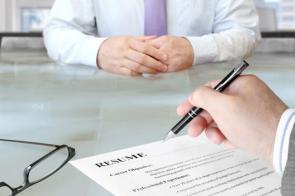
The winning résumé is a marketing document, not an obituary that simply recites your life's chronology. From...
11724 views
The lateral resume is an extremely important marketing tool. It's a key component of the recruiting process....
1787 views
The cover letter that accompanies your employment resume is perhaps one of the most important letters you will...
492 views
The employment resume--its style, organization, and content--has long been a topic of considerable discussion...
32 viewsResumes are terribly important. Although it is possible to become paranoid about them and to spend too much...
8 views
Your resume and cover letter represent you. They convey all that you are as a newcomer to the profession....
61 views
The vast majority of resumes look the same. Why? They look the same because the vast majority of job seekers...
312 views
Legal training is comprehensive and intensive so it applies to a wide variety of career disciplines. You are...
32 views